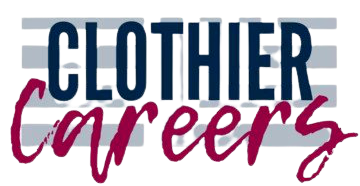The “Perfect” Resume — and why it doesn’t exist
There is no one size fits resume.
We say this often, but that's because it's true.
While we are at it — there is no such thing as a perfect resume either.
This is because — like you and us — the hiring manager is a human with preferences, perspectives, and intentions.
These preferences and intentions are not generally malicious. Often, it is simpler than that: maybe the job advertisement needs an update (on that note: did you know we offer partial recruitment services?), or the workplace situation has shifted.
As a jobseeker — this experience is common, it is no surprise to be thrown into the deep end mid-interview with questions you would have never thought to prepare for.
"Uh… yes I can do that — I have totally worked with that software."
Sound familiar? This situation can be incredibly frustrating. Especially if the role is adding up to be something different than you applied for — if this becomes the case, consider the interview a practice run.
On the other hand — the job might be perfect, and you might perform wonderfully in the interview, fit all the qualifications on paper, and still not get the role.
Unfortunately, this happens, and it is a situation that is out of your hands.
You can give the interview of your life and have a fantastic resume and cover letter and still miss out on the job.
If this happens — remember, it’s not you, it’s them.
Just like you, the hiring manager is human, and there may have been other applicants who were just as skilled and charismatic in the interview as you.
Just like unexpected interview questions, this situation is out of your control. So, rather than dwell on it — focus on the factors you can control instead.
To start: a great resume that will improve your chances of an interview. This means double (triple) checking your spelling, grammar, and use of tense (past tense for previous roles, current tense for your current role). These things can make or break your application — especially if you are up against another applicant with similar experience to you. Remember — the hiring manager might compare your resumes after the interviews, combing them for wins and mistakes that will tip the scale towards an applicant.
When writing your application, ask yourself: ‘who is this for?’ and ‘will they be able to link me, my capabilities and experience, and the kind of person they want to place in the role?’.
Your application is your first impression — and it will continue to leave an impression both during and following your interview.
But don’t let this hold you back — remember, you can't get the job if you don’t apply for it. Even if you haven’t had the chance to perfect your resume as much as you might like to, it’s still worth throwing your hat in the ring.
If you are looking to create a professional resume — our team is here to help. Head here or reach out to our team for a chat here: info@clothiercareers.com

